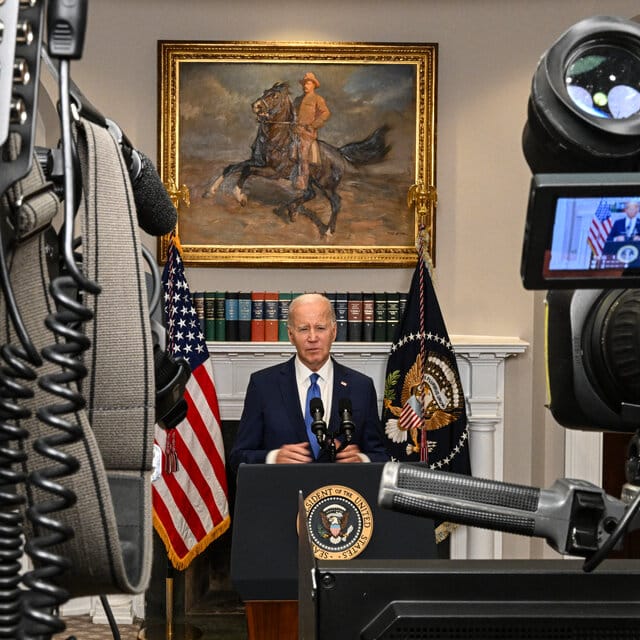The Biden administration has taken a significant step in regulating the export of artificial intelligence (AI) chips by proposing a comprehensive set of restrictions. This initiative is part of a broader strategy to enhance national security and ensure that the United States maintains its technological edge in an increasingly competitive global landscape. The proposed measures are expected to have far-reaching implications for the semiconductor industry, technology firms, and international trade relations.
The decision to impose new export controls comes amid rising concerns about the potential misuse of advanced AI technologies by foreign adversaries. The administration has expressed apprehension that sensitive AI chip technology could be utilized in ways that threaten U.S. interests, particularly in military applications and cybersecurity. By restricting the export of these critical components, the government aims to mitigate risks associated with the proliferation of advanced technologies that could be leveraged against the United States.
The proposed restrictions are likely to affect a wide range of AI chips, including those used in machine learning, data processing, and other advanced computing applications. These chips are integral to various sectors, including defense, healthcare, and telecommunications. As such, the new regulations could have significant implications for companies that rely on these technologies for their operations and innovations.
In recent years, the semiconductor industry has become a focal point of geopolitical tensions, particularly between the United States and China. The U.S. government has been increasingly vigilant in monitoring the export of advanced technologies to China, citing concerns over national security and the potential for technological espionage. The proposed export controls on AI chips are seen as a continuation of this trend, as the administration seeks to prevent the transfer of critical technologies to nations that may pose a threat to U.S. interests.
The administration’s initiative is also reflective of a broader recognition of the strategic importance of semiconductor technology in the global economy. As AI continues to evolve and permeate various industries, the demand for advanced chips is expected to grow exponentially. By implementing export controls, the U.S. government aims to ensure that it retains a competitive advantage in the development and deployment of AI technologies.
Industry stakeholders have expressed mixed reactions to the proposed restrictions. Some companies have voiced concerns that the new regulations could hinder innovation and collaboration in the tech sector. The semiconductor industry is characterized by a complex global supply chain, and any disruptions caused by export controls could have cascading effects on production and research efforts. Additionally, companies that rely on international partnerships may find it challenging to navigate the new regulatory landscape.
On the other hand, proponents of the export controls argue that safeguarding national security should take precedence over commercial interests. They contend that the potential risks associated with the uncontrolled export of AI chip technology far outweigh the economic benefits. By implementing these restrictions, the administration aims to strike a balance between fostering innovation and protecting critical national interests.
The proposed export controls are still in the early stages of development and will require further review and input from various stakeholders, including industry representatives, policymakers, and national security experts. The administration has indicated that it will engage in a consultative process to gather feedback and refine the proposed measures before finalizing the regulations.
As the global landscape continues to evolve, the Biden administration’s initiative to impose new restrictions on the export of AI chips underscores the growing recognition of the strategic significance of technology in international relations. The outcome of this initiative will likely shape the future of the semiconductor industry and the broader tech ecosystem, as countries navigate the complexities of technological competition and collaboration.
In conclusion, the Biden administration’s proposed export controls on AI chips represent a pivotal moment in the intersection of technology and national security. As the world becomes increasingly reliant on advanced technologies, the implications of these regulations will extend beyond the semiconductor industry, influencing global trade dynamics and the future of innovation. The administration’s approach reflects a commitment to safeguarding U.S. interests while navigating the challenges posed by a rapidly changing technological landscape.



